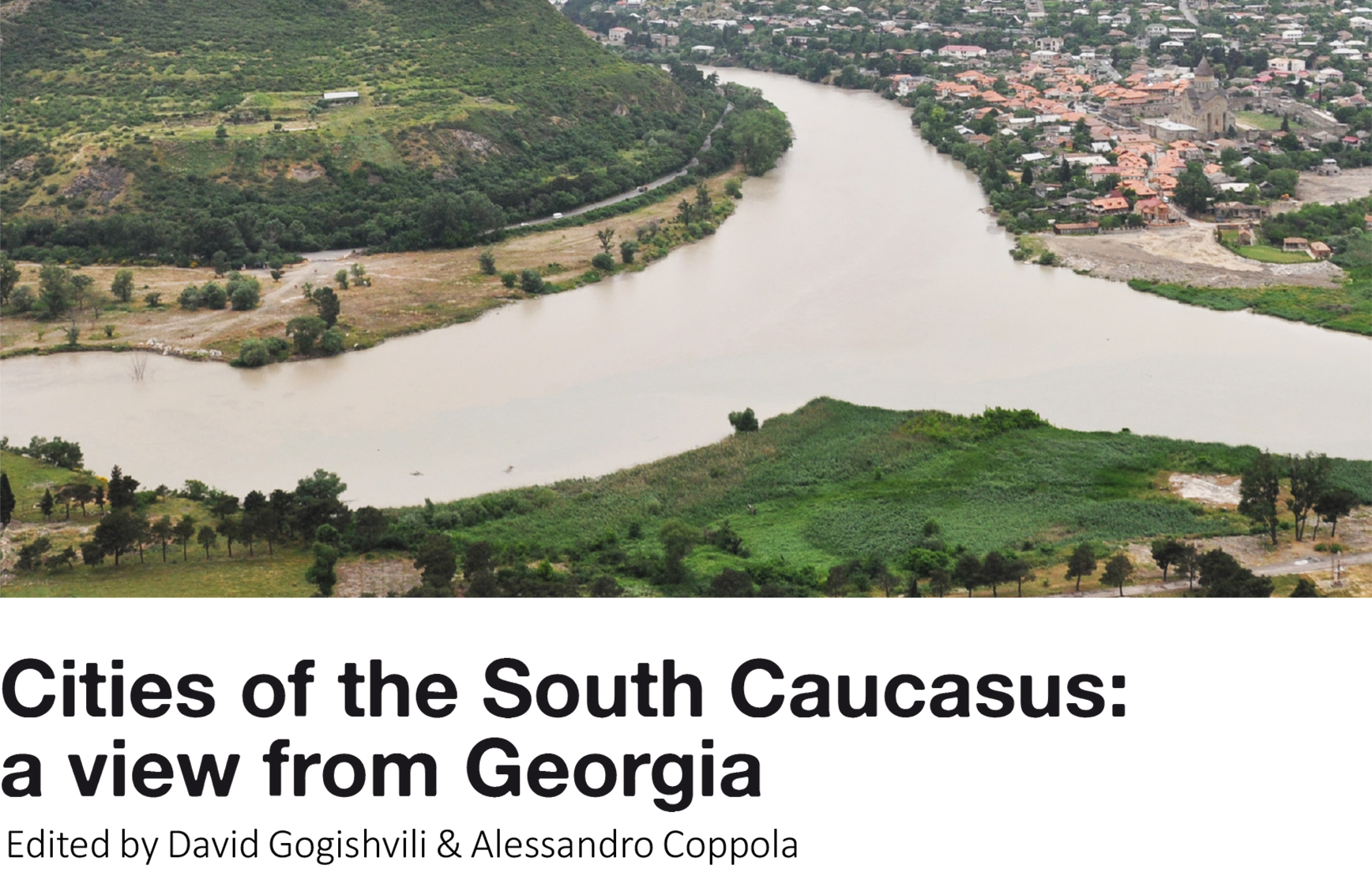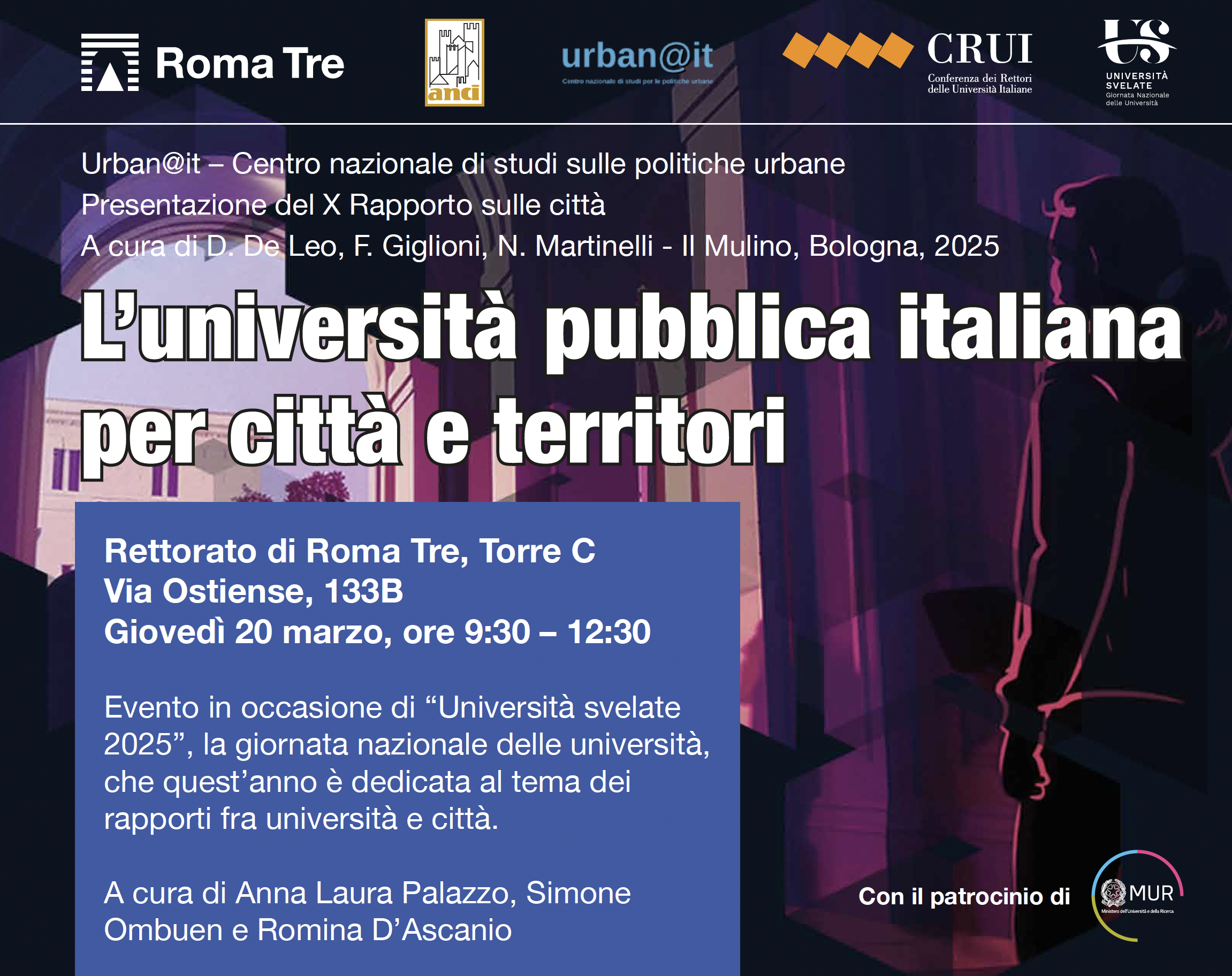
scarica il numero
scarica l’indice
gennaio-marzo 2018
a cura di
David Gogishvili & Alessandro Coppola
Nota Etica | Publication ethics
Processo di peer-review | Peer-review process
Revisori QU3 | QU3 Reviewers
Since the dissolution of the Socialist Bloc, the transformation processes that took place in former socialist cities have attracted increasing interest in the areas of human geography, urban studies and planning. A number of networks or projects – such as the “Cities After Transition” and ira.urban – edited books and special issues have extensively addressed it variably focusing in recent years on topics such as the metropolitan restructuring processes in former East European socialist countries (Borén and Gentile, 2007), the politics of urban collective memory and the construction of new urban landscapes (Diener and Hagen, 2013, Medvedkov and Salukvadze, 2016), the spread of mega events-centred urban development models (Müller and Pickles, 2015), the dynamics of change affecting neighbourhoods (Ouředníček and Pospíšilová, 2015) and the theoretical implications and potentials of research on post-socialist cities (Ferenčuhová and Gentile, 2016). More recently, after a first main publication focusing solely on the capital city of Georgia (Van Assche et al., 2009), some of these research streams and networks have more widely Southern Caucasian cities with enquires regarding public spaces’ erosion and reconstruction processes (Neugebauer and Rekhviashvili, 2015) and the evolutions in housing and urban development systems in the three cities of Baku, Tbilisi and Yerevan (Sichinava, ed., 2016). However, despite these latest publications, research on South Caucasian post-socialist- and more in particular on Georgian – cities is, although promising, still limited both in its quantitative relevance and in the variety of the topics treated.
The aim of the special issue of Quaderni is, therefore, to contribute to the filling of this gap by presenting a selection of both empirical and discussion papers – that, as we will see, address a variety of issues – and to stimulate further research both on Georgian as well as on other cities and urban areas of South Caucasus. With this short editorial, we aim to introduce the five contributions of the issue by setting an essential framework for the understanding of larger political and societal changes that involved Georgia since 1991 and by identifying a series of cross-cutting topics that, emerging from the issue, we have found to be relevant for further research development.
D. Gogishvili & A. Coppola






